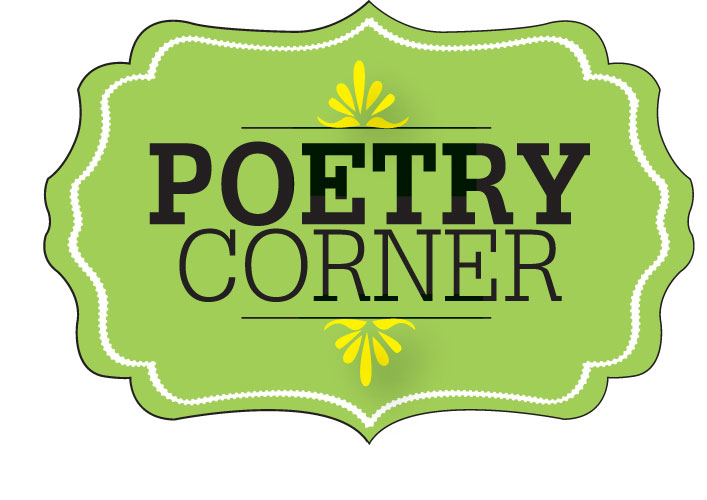By Norah Christianson
Some Thoughts on Desire
Well, disappointingly, I’ll not be talking about sexual desire here, though you can go there if you like. The following similar viewpoints about desire, from three different writers from three different eras, came together in my head the other morning.
Sometimes great minds think alike across time, and sometimes synchronistically. Totally unrelated minds can come up with the same idea— Carl Wilhelm Scheele and Joseph Priestley independently discovered oxygen. Voltaire and Kurt Vonnegut wrote alike on the subject of war.
First, a bit from “The Will To Believe” by William James, the 19th Century American philosopher and psychiatrist and brother to Henry James. Oddly, though this is prose, I found it in the poetry anthology “The Rag and Bone Shop Of The Heart.” Here is James on desire:
“Man’s chief difference from the brutes lies in the exuberant excess of his subjective propensities—his pre-eminence over them simply and solely in the number and in the fantastic and unnecessary character of his wants: physical, moral, aesthetic, and intellectual. Had his whole life not been a quest for the superfluous, he would never have established himself as inexpugnably as he has done in the necessary. And from the consciousness of this he should draw the lesson that his wants are to be trusted; that even when their gratification seems farthest off, the uneasiness they occasion is still the best guide of his life, and will lead him to issues entirely beyond his present powers of reckoning. Prune down his extravagance, sober him, and you undo him.” (Italics mine.)
Our first needs—food, water, shelter—are met for us by others. We grow. We begin to be able—bit by bit—to meet our own needs. Then, and early on, we begin to have desires. And we never really stop.
James says that it is our desires, our propensities, leanings, enthusiasms—those longings that go far beyond necessities—that (1) make us different from the animals, and that (2), had we not wanted more than the necessities, the human race would not have survived extinction. We had to satisfy our needs for survival as animals (and thus establish ourselves “inexpugnably”) in order to go on to achieve our desires (like going to the moon, writing symphonies, dancing, discovering black holes). The human desires more than just survival. “…His wants are to be trusted…the uneasiness they occasion is…the best guide of his life” Our desires lead us to learn, discover, fix things, invent, etc. beyond our assigned intelligence (intelligence in the sense of both I.Q. and information.)
Restrict man’s dreams, allow him only to walk the line of pious regularity and lawful ordinariness, and you undo him. He will be just blobs of protoplasm, walking around, eating, pooping, paying the mortgage, shoveling snow. (Bruce Springsteen wanted to become a musician at the age of seven. It was his burning desire. His mother rented a guitar for him, and look what happened.)
William Blake, poet and painter of the Romantic Age (around 1798 to 1837), in his “Proverbs From Hell,” writes:
“Sooner murder an infant in his cradle
than nurse unacted desires.”
Our infant, our “brainchild”—our desire and enthusiasm—should be acted upon, or, as Blake says later,
“He who desires, but acts not,
breeds pestilence.”
The “pestilence” Blake writes of would classify as feelings of regret, or envy, or self-hate, or just plain low-grade anxiety or “uneasiness,” as James put it.
My mother always desired to play the piano. At forty, she acted on her desire and began taking lessons. She never got to the level of Rachmaninoff. She did not set the music world on fire. But you don’t have to achieve greatness. And it’s not necessary to execute your desire in public. You merely have to act on your desires in order to live a life beyond the “brute.” My mother realized her desire and her music gave her great joy. It fulfilled something in her. Our desires can be “fantastic” and “unnecessary,” but they are our desires, and we should recognize them and act on them. The alternative is to “explode,” or die inside from the “pestilence”.
I leave you with a poem by the Twentieth Century American poet, novelist, fiction writer, and playwright, Langston Hughes.

Harlem
-Langston Hughes
What happens to a dream deferred?
Does it dry up
like a raisin in the sun?
Or fester like a sore—
and then run?
Does it stink like rotten meat?
Or crust and sugar over—
like a syrupy sweet?
Maybe it just sags
like a heavy load.
Or does it explode?

